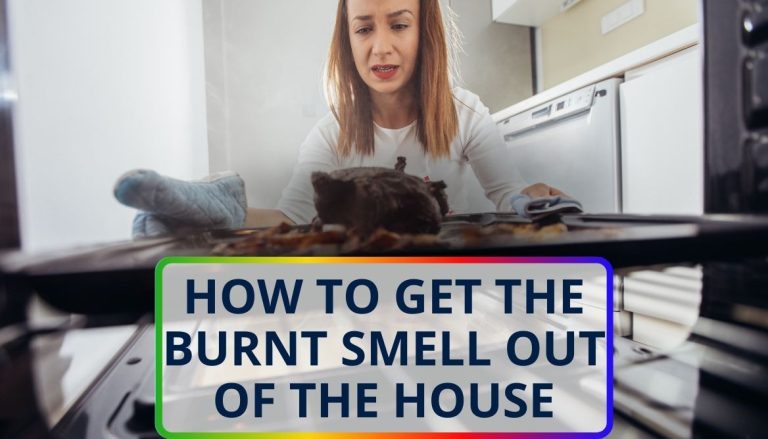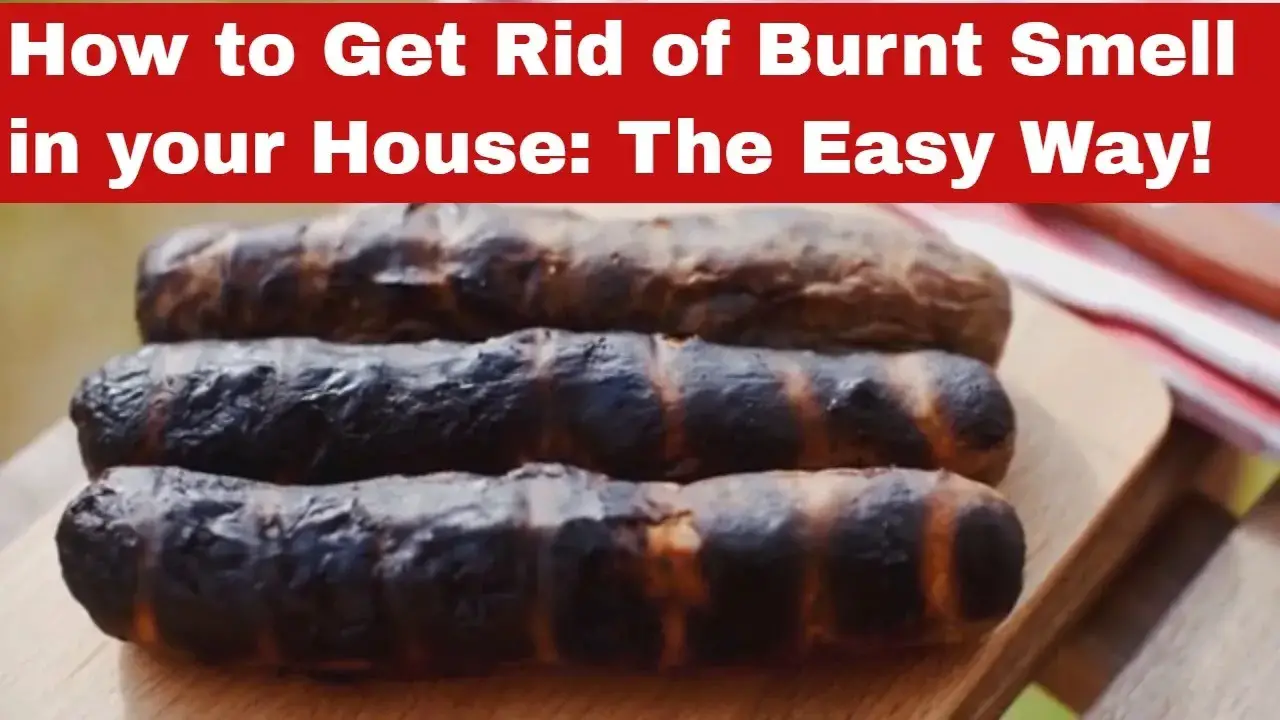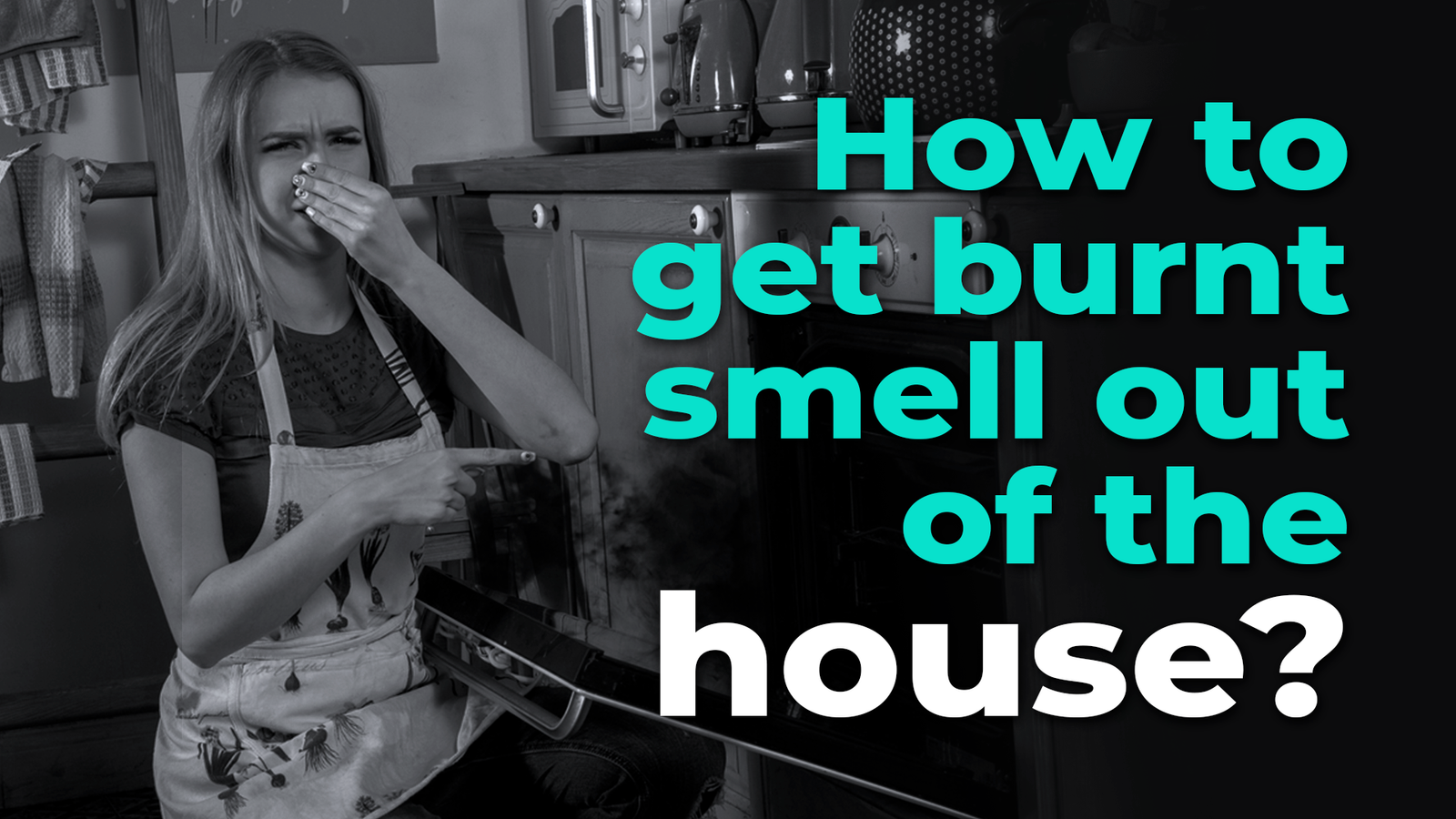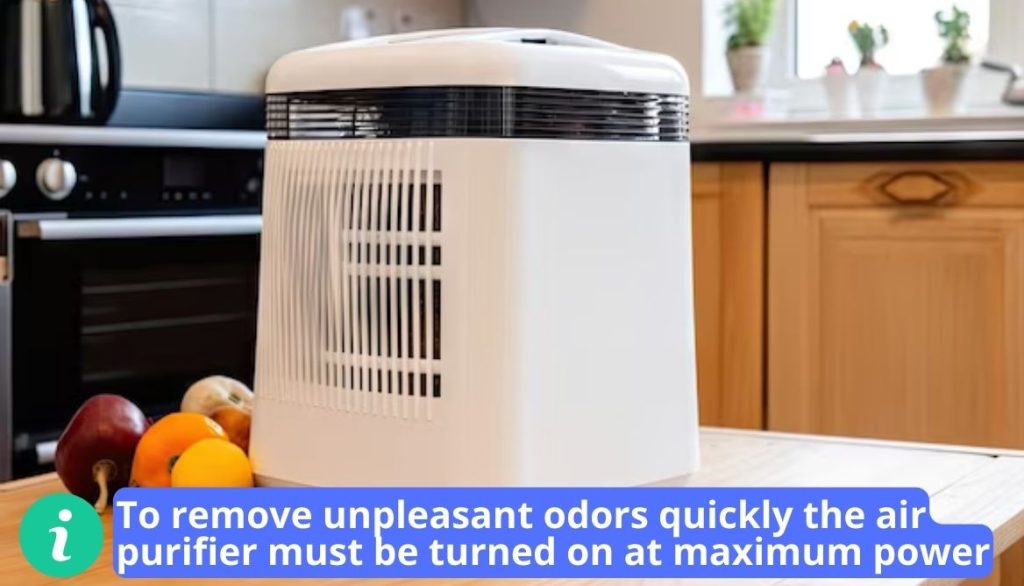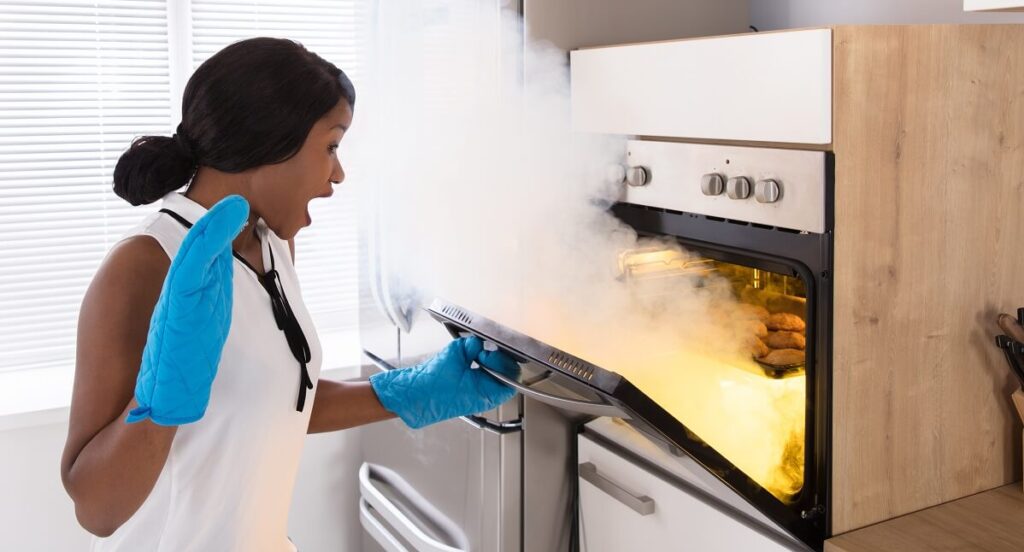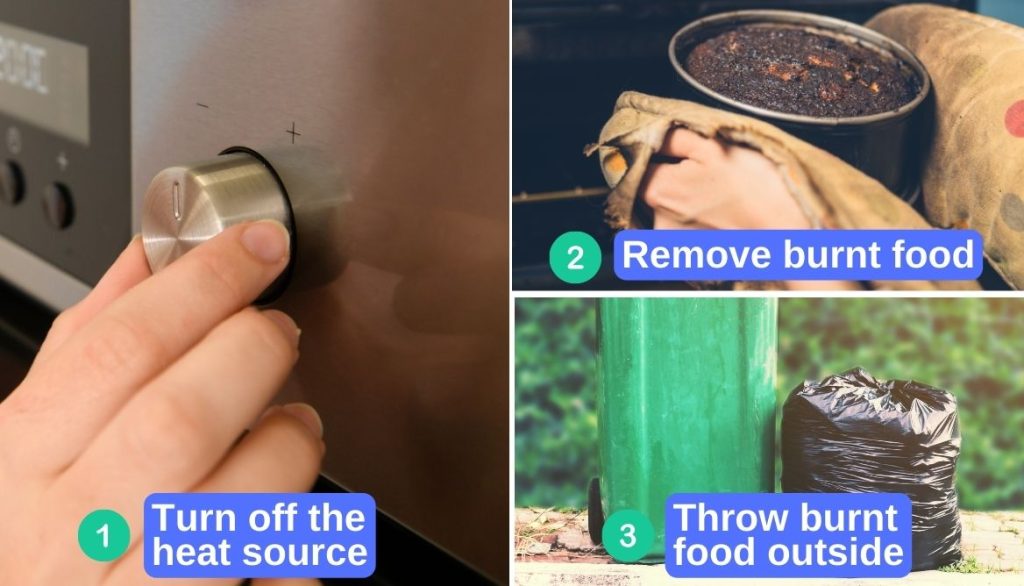How To Get Rid Of Burnt Smell From House
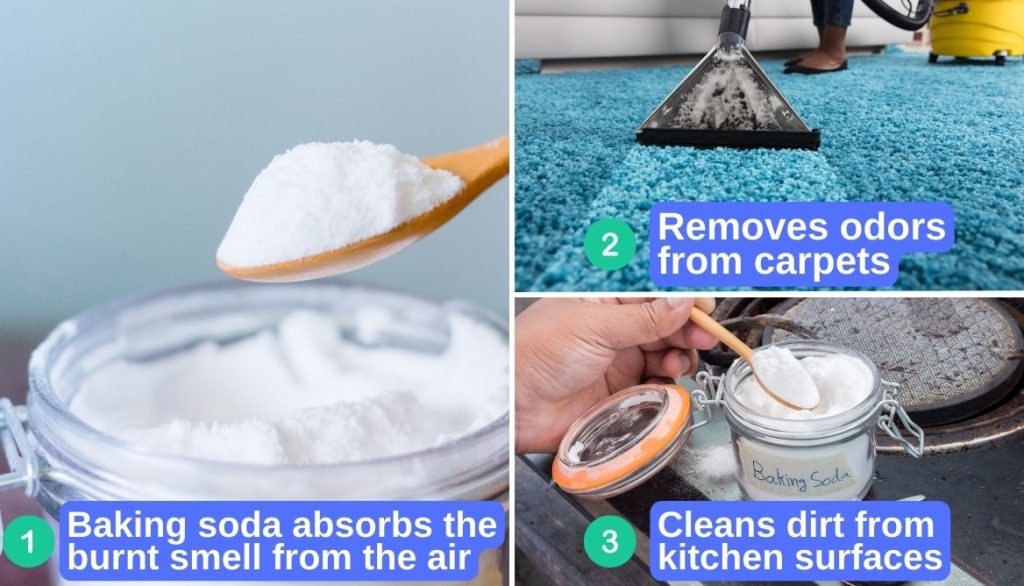
The acrid smell of something burning in your home is never a pleasant experience. Whether it’s a minor kitchen mishap or a more serious electrical issue, quickly and effectively eliminating the burnt odor is crucial for comfort and safety. This article provides a comprehensive guide for homeowners, HVAC technicians, and facility managers on how to get rid of that lingering burnt smell from your house, addressing everything from immediate actions to preventive measures and advanced air purification techniques.
Immediate Actions After a Burning Incident
The first steps after a burning incident are critical for minimizing the smell and preventing further damage. These steps apply regardless of the source of the burnt odor, be it cooking, electrical, or a malfunctioning heating system.
Ventilate the Area
Open windows and doors immediately to create cross-ventilation. This allows fresh air to circulate and helps push out the smoke and burnt particles. Place fans strategically to direct the airflow outwards, especially near the source of the smell.
Identify and Eliminate the Source
If the source is still smoldering (e.g., a burnt pan, a small fire), ensure it’s completely extinguished. For a cooking-related incident, carefully discard the burnt food. If it’s an electrical issue, turn off the power to the affected circuit at the breaker box and call a qualified electrician.
Clean Affected Surfaces
Soot and residue from burnt materials can cling to surfaces and contribute to the lingering smell. Wipe down walls, countertops, and other affected areas with a mixture of warm water and a mild detergent. For tougher residue, consider using a specialized soot remover.
Absorb the Odor
Place bowls of vinegar, baking soda, or activated charcoal around the affected area. These substances are effective at absorbing odors from the air. Replace them every few days until the smell diminishes.
Addressing Common Sources of Burnt Smells
Different sources of burnt smells require specific approaches. Understanding the origin of the odor is essential for choosing the right cleaning and mitigation techniques.
Burnt Food
The most common culprit is burnt food. Beyond the immediate actions mentioned above, boil a pot of water with cinnamon sticks, citrus peels, or cloves to help neutralize the odor. Simmering these fragrant ingredients will release pleasant aromas that can overpower the burnt smell.
Electrical Burning
An electrical burning smell can indicate a serious problem. Never ignore it. Shut off the power to the affected circuit and call a qualified electrician to inspect the wiring, outlets, and appliances. The electrician will identify the cause of the burn and make the necessary repairs. The smell itself often comes from burning plastic insulation or electronic components.
HVAC System Malfunctions
A burnt smell emanating from your HVAC system could indicate several issues. These require immediate attention to prevent further damage and ensure safety.
Burnt Electrical Components in HVAC
Like any electrical appliance, an HVAC system contains numerous electrical components, including motors, capacitors, and wiring. A burning smell could indicate a failing motor, a short circuit, or overheated wiring. Contact a qualified HVAC technician immediately. They can diagnose the problem and replace the faulty component.
Dust and Debris Burning on Heating Elements
During the first few times you turn on your furnace in the fall, you might notice a slight burning smell. This is usually due to accumulated dust and debris burning off the heating elements. It should dissipate within a few hours. However, if the smell persists or is accompanied by other symptoms like smoke or unusual noises, it could indicate a more serious problem. Have your HVAC system inspected by a professional.
Overheated Furnace
A persistently burning smell from the furnace, especially accompanied by a metallic or acrid odor, could indicate an overheated furnace. This can be caused by a blocked air filter, a malfunctioning blower motor, or a faulty heat exchanger. Shut down the furnace immediately and call an HVAC technician.
Chimney Fires
If you have a fireplace, a burning smell could indicate a chimney fire. This is a serious hazard that can spread to the rest of your house. Call the fire department immediately if you suspect a chimney fire. After the fire is extinguished, have your chimney inspected and cleaned by a professional chimney sweep to remove creosote buildup.
Advanced Air Purification Techniques
For persistent burnt smells, or for individuals with sensitivities to odors, more advanced air purification techniques may be necessary. These methods often involve specialized equipment and professional services.
Air Purifiers with HEPA and Activated Carbon Filters
Air purifiers with HEPA (High-Efficiency Particulate Air) filters can remove particulate matter, including soot and smoke particles, from the air. Activated carbon filters are effective at absorbing odors, including burnt smells. Look for air purifiers specifically designed for smoke and odor removal.
Ozone Generators
Ozone generators produce ozone (O3), a powerful oxidizing agent that can neutralize odors. However, ozone is also a lung irritant and should be used with caution. Never use an ozone generator in an occupied space. Follow the manufacturer's instructions carefully and ventilate the area thoroughly after use.
Professional Odor Removal Services
For severe cases of burnt smell, consider hiring a professional odor removal service. These companies use specialized equipment and techniques, such as thermal fogging and hydroxyl generators, to eliminate odors at their source. They can also provide detailed cleaning and restoration services to remove soot and residue from affected surfaces.
Preventive Measures to Minimize Burnt Smells
Preventing burning incidents is the best way to avoid dealing with the associated odors. Implementing the following preventive measures can significantly reduce the risk of burnt smells in your home.
Regular HVAC System Maintenance
Regular maintenance of your HVAC system can prevent malfunctions that can lead to burning smells. This includes changing air filters regularly, cleaning the blower motor, and inspecting the wiring and connections. Schedule annual inspections and tune-ups with a qualified HVAC technician.
Safe Cooking Practices
Always supervise cooking activities and avoid leaving food unattended on the stove or in the oven. Use timers and alarms to remind you to check on your cooking. Keep flammable materials away from the stovetop and oven.
Electrical Safety Inspections
Have your electrical system inspected periodically by a qualified electrician. This can identify potential hazards, such as loose wiring, overloaded circuits, and damaged outlets. Address any issues promptly to prevent electrical fires.
Chimney Cleaning
If you have a fireplace, have your chimney cleaned and inspected annually by a professional chimney sweep. This will remove creosote buildup and reduce the risk of chimney fires.
Smoke Detectors and Carbon Monoxide Detectors
Install smoke detectors on every level of your home and inside each bedroom. Test them monthly and replace the batteries at least once a year. Also, install carbon monoxide detectors near sleeping areas and test them regularly. These detectors can provide early warning of fires and carbon monoxide leaks.
Cost Considerations
The cost of removing a burnt smell can vary significantly depending on the severity of the odor and the techniques used.
- DIY Solutions: Basic cleaning supplies like vinegar, baking soda, and detergents are relatively inexpensive. Air purifiers can range from $50 to $500 or more, depending on the features and filter types.
- HVAC Repair: The cost of repairing a malfunctioning HVAC system can vary widely depending on the type of problem and the parts required. A simple repair, such as replacing a capacitor, might cost a few hundred dollars, while a more complex repair, such as replacing a motor or heat exchanger, could cost several thousand dollars.
- Professional Services: Professional odor removal services can range from $500 to several thousand dollars, depending on the size of the affected area and the techniques used. Electrical inspections can cost between $100 and $300. Chimney cleaning typically costs between $150 and $300.
Conclusion
Dealing with a burnt smell can be challenging, but by following the steps outlined in this article, you can effectively eliminate the odor and restore your home to a comfortable and safe environment. Remember to prioritize safety and address any potential hazards promptly. Whether you choose DIY solutions or professional services, understanding the source of the burnt smell and taking appropriate action is key to success. Regular maintenance and preventive measures are crucial for minimizing the risk of future burning incidents and ensuring the long-term health and safety of your home. Remember, if you are unsure about handling any electrical or HVAC issues, always consult with a qualified professional. They have the expertise and experience to diagnose and resolve problems safely and effectively.
